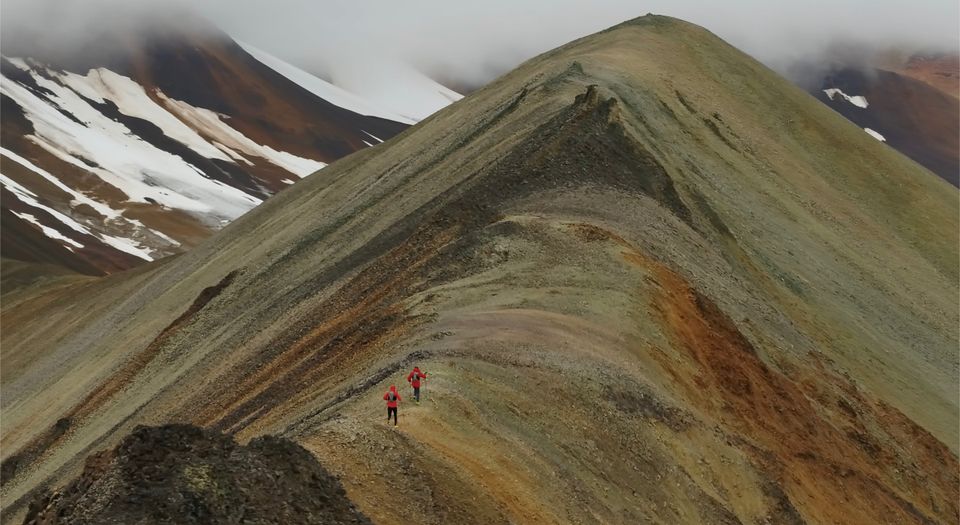Movement as Medicine v. Movement for Performance

I was just re-reading a section from Brad Stulberg’s’ “The Practice of Groundedness” - I was struck by a paragraph where he talks about shifting from a need to be an all-star athlete to exercising for its mind-body benefits.
I have essentially been a professional or elite international athlete since I was 18 (I am currently 42). For that period I have had a lot of ego and self-worth tied up in my physical output and performance. Over the last two years I have noticed a shift happening. The self-imposed pressure I have felt for most of my teenage and adult life has softened. As is mentioned in the book, I am making a bigger effort to “stop trying to win at my hobby”, which is a great little motto. It takes conscious effort on my part because it means unwinding and unravelling a whole way of viewing movement and myself, but it’s a nice shift.
This doesn’t mean I won’t still go hard and push myself, but instead of doing it for an external goal, or validation, I try and be more intuitive with it. This means both how I am feeling emotionally and physically. I try and use my internal motivation and needs to dictate my effort.
Some days that means just walking and more recently, yoga, other days I crave a deep physical release from lifting weights or doing intervals. The metric doesn’t matter, all that matters is the quality of movement and what I feel I get out of it. I still log most of what I do to Strava, but I am more interested in using that to catalogue where I am and who I’m doing it with. I don’t look at the actual stats too often.
I use the same approach to decide what I’m going to do that day - using inspiration and motivation as an activity and location guide rather than worrying about what I “should” be doing…
After largely being a lone wolf, or an elitist with who I trained with, I am also really enjoying getting out with close friends. I value the conversation and shared experience we have out there as much, or more, than the actual exercise we’re doing.
This perspective shift can be summed up as “Movement as medicine….rather than movement for performance” - it’s a liberating and therapeutic shift!
📸 by Cameron Sylvester
I am going to start adding a workout of the week and a mindfulness running tip to my posts.
Weekly workout:
15 min warm up of easy running with 3 or 4 - 20 second accelerations in the last 5 minutes
4 to 12*1 min hard uphill, easy walk jog back down depending on fitness levels
15 to 20 min cool down of easy running
*For the "intensity" section - think about relaxing your hands - a cue could be holding raw eggs in each hand. Then drive your arms to set the rate of your legs
Weekly running mindfulness tip:
Thanks to Cassie Smith for this from her University of Waterloo Mind Body Run program:
Since this is the first week, we don't want to overwhelm you with too much information, so the focus is just on understanding the basic principles of mindfulness and focusing on being present in your run or walk. Try to let go of any expectations, worries, or stressors you are carrying by focusing on being present in your movement today. A good place to start? While you run/walk, consider your senses:
- What sounds do you hear?
- What sights do you notice (anything you have missed before while rushing to class)?
- What scents do you smell?
- What sensations do you feel? Internal to your body (i.e. heart, lungs), external (feet on the ground, wind on your skin)?
Also, consider:
- Are there thoughts coming to mind? Notice their presensce, then let them go and focus back on the present in the moment.
- What emotions do you feel? Does this relate to a specific sensation?
Practice being in the present and enjoying your experience! There is no pressure to be fast, this is all about the process, not the results!